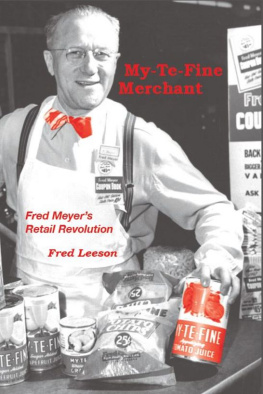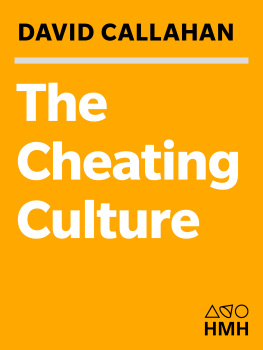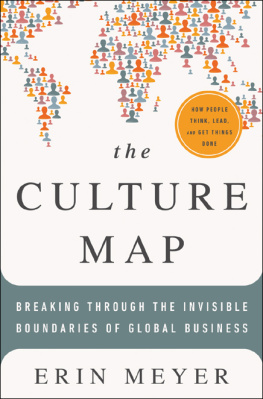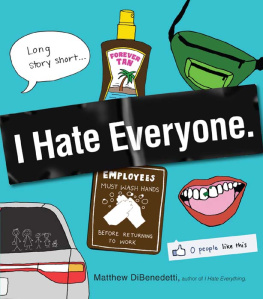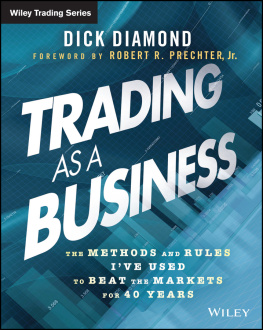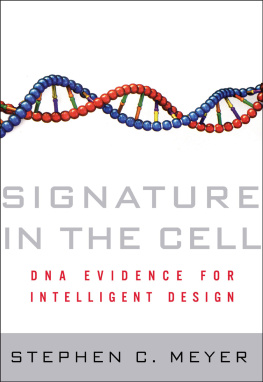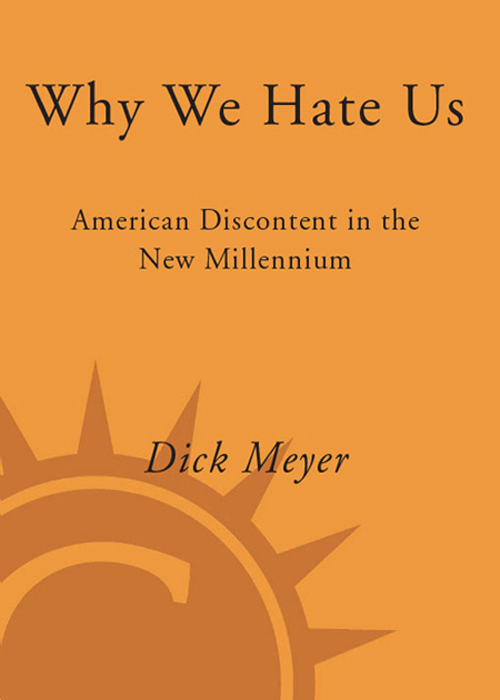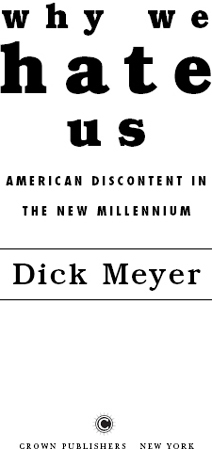Dick Meyer - Why We Hate Us: American Discontent in the New Millennium
Here you can read online Dick Meyer - Why We Hate Us: American Discontent in the New Millennium full text of the book (entire story) in english for free. Download pdf and epub, get meaning, cover and reviews about this ebook. year: 2008, publisher: Crown, genre: Politics. Description of the work, (preface) as well as reviews are available. Best literature library LitArk.com created for fans of good reading and offers a wide selection of genres:
Romance novel
Science fiction
Adventure
Detective
Science
History
Home and family
Prose
Art
Politics
Computer
Non-fiction
Religion
Business
Children
Humor
Choose a favorite category and find really read worthwhile books. Enjoy immersion in the world of imagination, feel the emotions of the characters or learn something new for yourself, make an fascinating discovery.

- Book:Why We Hate Us: American Discontent in the New Millennium
- Author:
- Publisher:Crown
- Genre:
- Year:2008
- Rating:5 / 5
- Favourites:Add to favourites
- Your mark:
Why We Hate Us: American Discontent in the New Millennium: summary, description and annotation
We offer to read an annotation, description, summary or preface (depends on what the author of the book "Why We Hate Us: American Discontent in the New Millennium" wrote himself). If you haven't found the necessary information about the book — write in the comments, we will try to find it.
Cell-phone talkers broadcasting the intimate details of their lives in public spaces
Worship of self-awareness, self-realization, and self-fulfillment
T-shirts that read, Eat Me
Facebook, MySpace, and kids being taught to market themselves
High-level cheating in business and sports
Reality television and the cosmetic surgery boom
Multinational corporations that claim, We care about you.
The decline of organic communities
A line of cosmetics called S.L.U.T.
The phony red stateblue state divide
The penetration of OmniMarketing into OmniMedia and the insinuation of both into every facet of our lives
You undoubtedly could add to the list with hardly a moments thought. In Why We Hate Us, Meyer absolutely nails Americas early-twenty-first-century mood disorder. He points out the most widespread carriers of the why-we-hate-us germs, including the belligerence of partisan politics that perverts our democracy, the decline of once common manners, the vulgarity of Hollywood entertainment, the superficiality and untrustworthiness of the news media, the cult of celebrity, and the disappearance of authentic neighborhoods and voluntary organizations (the kind that have actual meetings where one can hobnob instead of just clicking in an online contribution).
Meyer argueswith biting wit and observations that make you want to shout, Yes! I hate that too!that when the social, spiritual, and political turmoil that followed the sixties collided with the technological and media revolution at the turn of the century, something inside us hit overload. American culture no longer reflects our own values. As a result, we are now morally and existentially tired, disoriented, anchorless, and defensive. We hate us and we wonder why.
Why We Hate Us reveals why we do and also offers a thoughtful and uplifting prescription for breaking out of our current morass and learning how to hate us less. It is a penetrating but always accessible Culture of Narcissism for a new generation, and it carries forward ideas that resounded with readers in bestsellers such as On Bullshit and Bowling Alone.
Dick Meyer: author's other books
Who wrote Why We Hate Us: American Discontent in the New Millennium? Find out the surname, the name of the author of the book and a list of all author's works by series.

